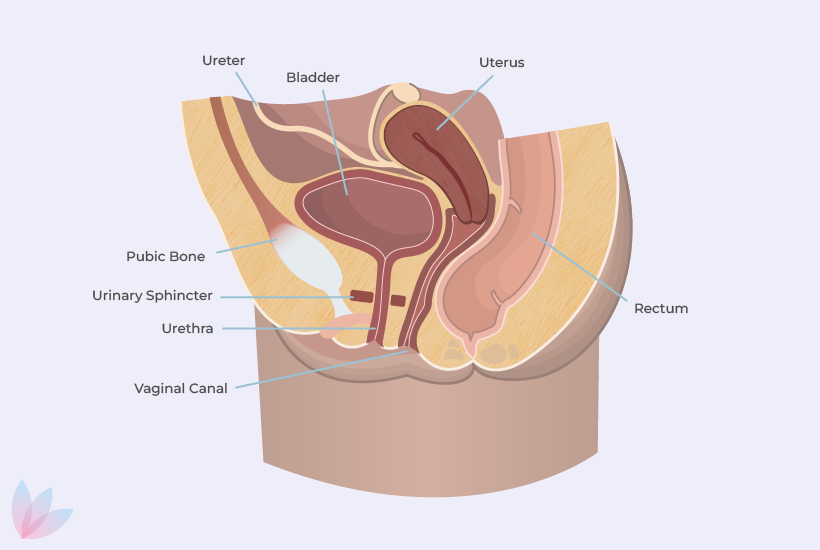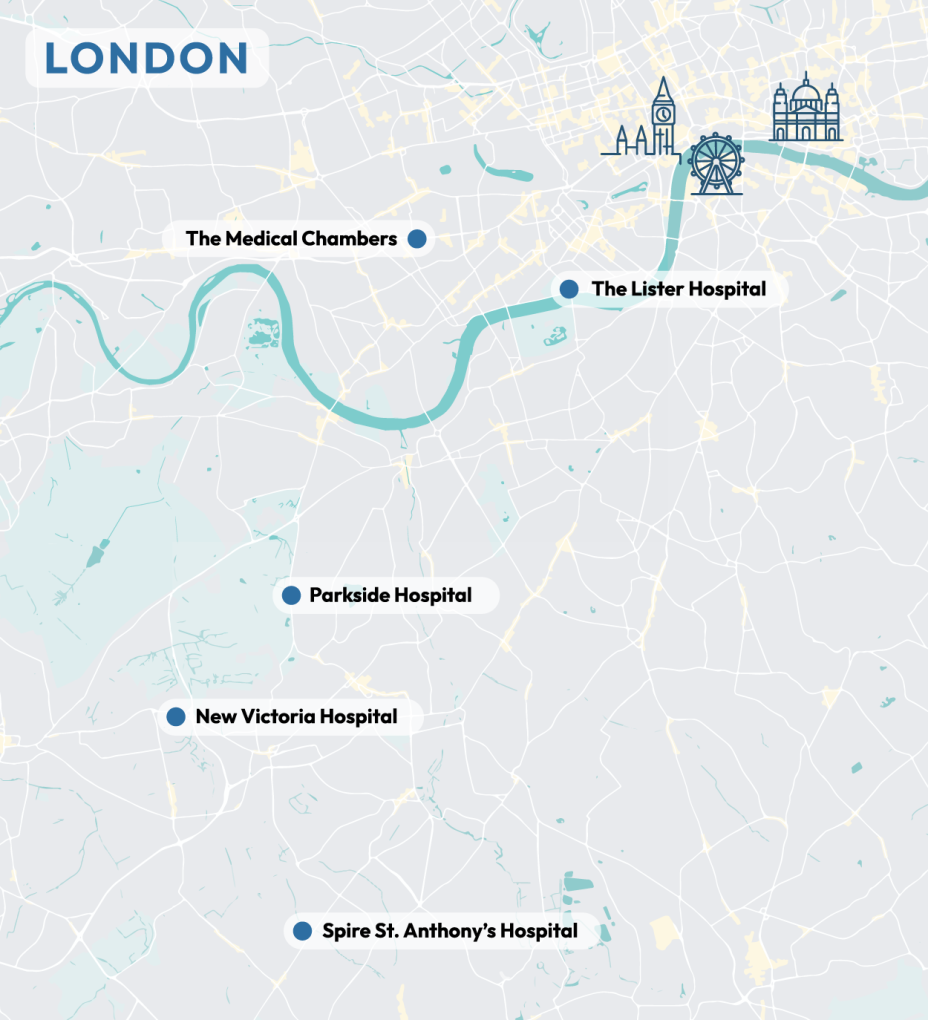If the approaches above aren’t effective, we will explore other options. This may consist of taking antibiotics that help treat and prevent recurrent UTIs or most infections, pain modulators, antihistamines, antimuscarinics and bladder instillations that help reduce symptoms of bladder inflammation and frequent urination.
Finding the proper recurrent or chronic UTI treatment can be a journey. Even if you have seen other healthcare providers without success, we are dedicated to working with you until a solution is found.
As each chronic and recurrent UTI case is unique, at London Women’s Centre, we develop personalised treatment plans tailored to individual needs after carefully evaluating your symptoms, medical history, and lifestyle.
The mainstay of treatment is medical, it is rare that a surgical bladder pain treatment is needed.
The typical domains of treatment include:
- Focused antibiotic therapies
- Pain Modulator Treatments
- Immune-based treatments
- Bladder instillations
- Antimuscarinic and Beta Agonist treatments for overactive bladder












